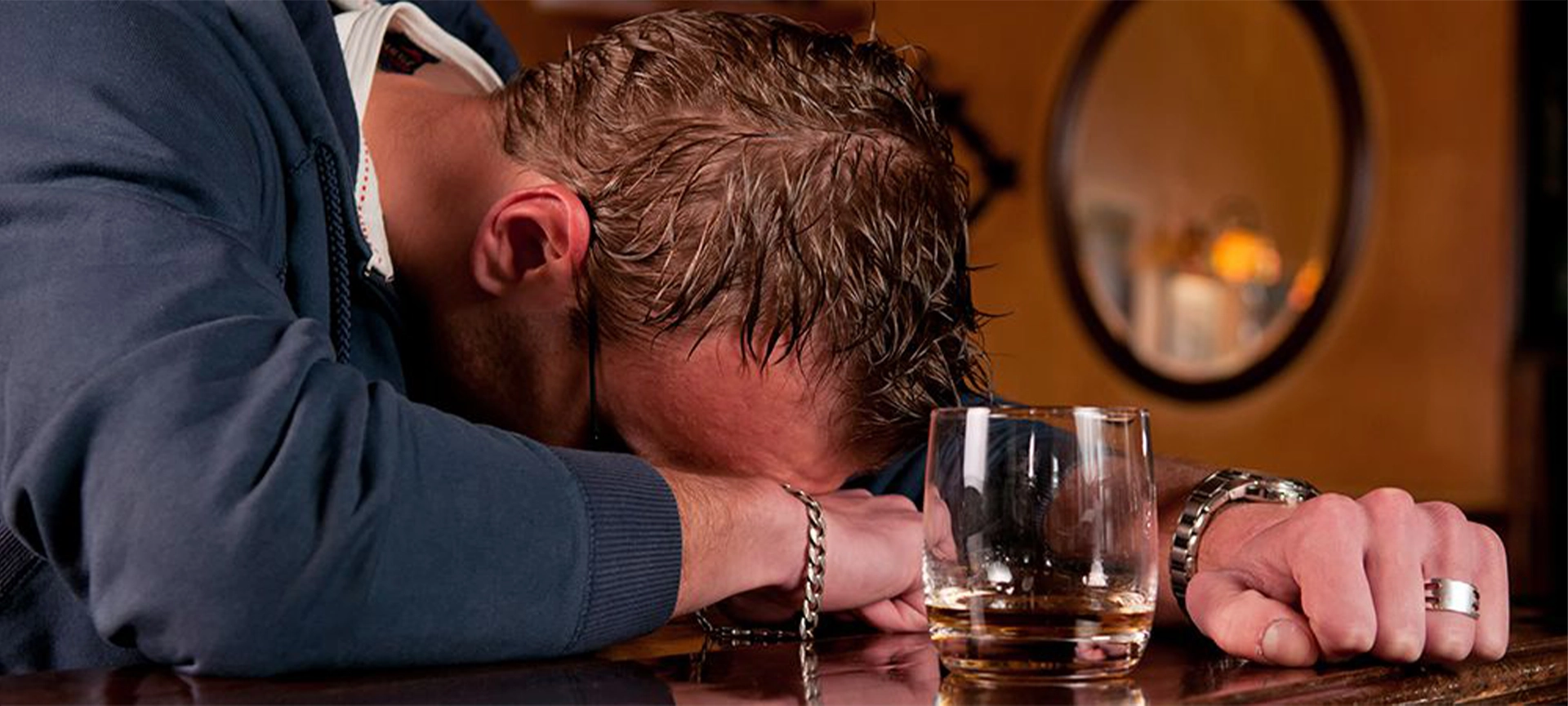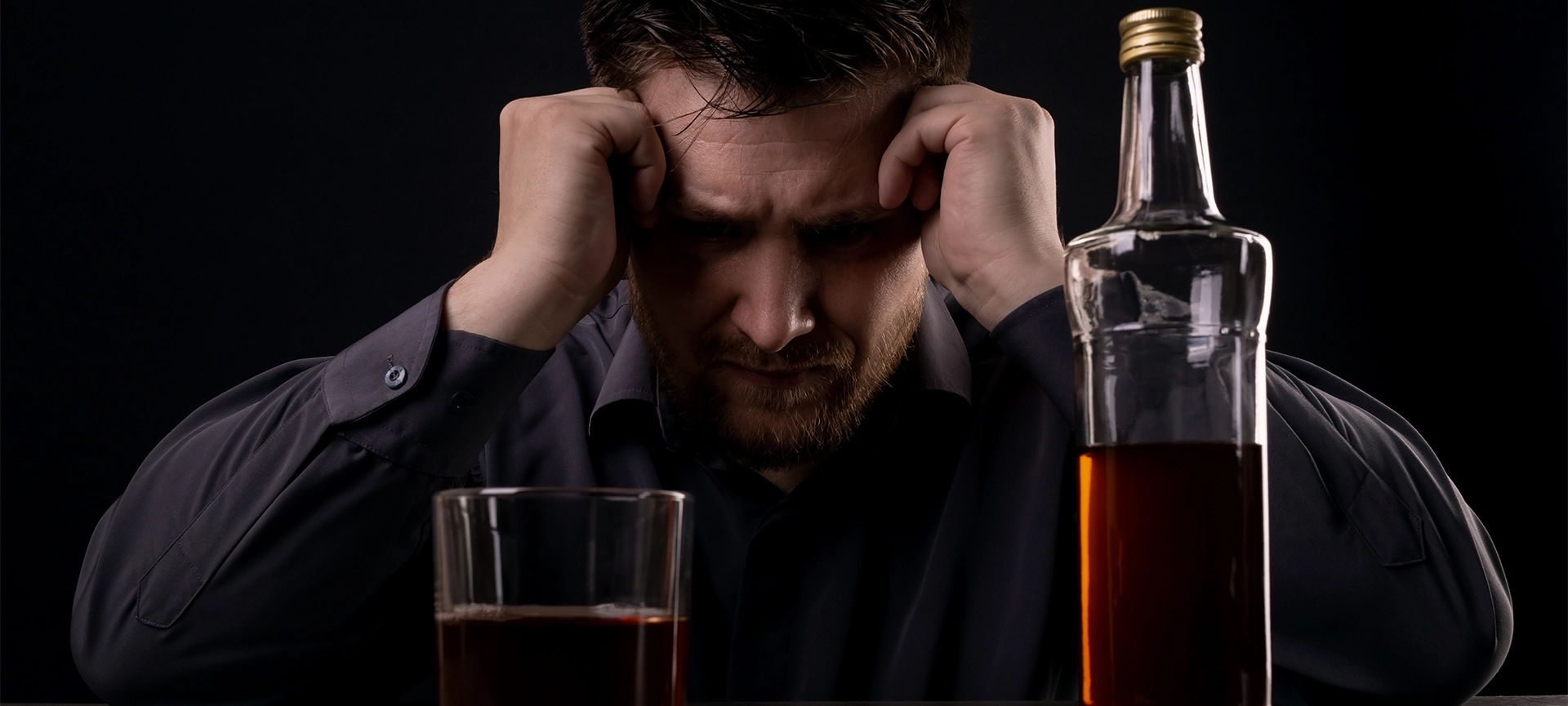There are several misconceptions about what it means to be an alcoholic. For example, many people believe that alcoholics drink every day and are habitually drunk. Alcohol addiction can take many forms, and largely because of these stereotypes, it frequently goes undetected and untreated for a long time.
It is important to make the distinction between excessive drinking and alcohol addiction. Although people with either one should get help, the level and nature of intervention may differ. By being able to tell the difference, you can ensure that you are getting the right kind of help for yourself or your loved one.
What Is Excessive Drinking?
As the term suggests, excessive drinking – or problem drinking, as it is sometimes called – is the act of drinking too much. This may seem simplistic, but it can take a variety of forms. Here are a few examples of excessive drinking:
- Anyone who consumes more than the recommended amount of alcohol
- Anyone who drinks alcohol in spite of knowing they are pregnant
- Anyone who engages in underage drinking
- Someone who consumes alcohol while using prescription medication, in spite of advice to the contrary
- Someone who drinks alcohol in spite of known adverse reactions
- A person who regularly gets drunk
The prevalence of excessive drinking
Almost everyone who drinks regularly has had at least one episode of excessive drinking at some point in their lives. Few would argue that we live in a society in which excessive alcohol consumption is accepted, and in some cases, celebrated.
The person who has a few beers is lauded for being “the life of the party”. For some, the cure to a hangover is an early morning alcoholic beverage, colloquially referred to as “the hair of the dog”. And although it is undeniably responsible, the fact that we arrange for designated drivers when we go out is evidence that we actively plan to consume excessive amounts of alcohol.
Bearing all of this in mind, it is hardly surprising that around a third of American adults are prone to excessive drinking. It can be easy to assume that someone who drinks excessively is an alcoholic. While this is true for around 10% of adults, there is an important distinction between excessive drinkers and alcoholics.
Needing to drink vs wanting to drink
Most people who use alcohol drink because they want to. For some, it’s a preferred way to relax at the end of a long day. For others, it’s a way to celebrate a special occasion. If someone is planning to have a few drinks at a party, and the party is cancelled, that person is likely to simply stay home and do whatever they would do on a regular day. In other words, the drinking is incidental to the party. If the party is not happening, neither is the drinking.
That is the key difference between an excessive drinker – indeed, any recreational drinker – and an alcoholic. The former consumes alcohol because they want to. It is a choice. The latter consumes alcohol because they need to.
What Makes An Alcoholic An Alcoholic?

No one picks up their first drink with the intention of becoming addicted to alcohol. But alcohol can generate feelings of confidence and happiness, and that causes some people to seek out more alcohol. The problem is that the more you drink, the more you need to drink in order to achieve those feelings.
As your body becomes used to the constant presence of alcohol, it has an increasingly difficult time doing without it. When you try to do without, you may experience withdrawal symptoms such as headaches, anxiety, nausea, and sweating. These prove to be too uncomfortable or frightening for a lot of people, so in order to escape from the withdrawal symptoms, they return to alcohol. This further cements the physical and psychological dependence.
Ultimately, you may reach a point where depriving yourself of alcohol can put you at risk of severe withdrawal symptoms that can lead to death.
Misconceptions about alcohol addiction
There are many misconceptions about alcoholism, and these can be harmful because they can result in true alcoholism being missed. This in turn results in people with alcohol addictions not getting the help they need.
It is important to understand the following:
- Alcoholics do not always drink every day
- Not all alcoholics get visibly drunk
- “Angry drunks” – people who become aggressive or violent after drinking – are not necessarily alcoholics
- People who drive while impaired are not necessarily alcoholics
Signs to look for
By understanding the telltale signs of alcohol addiction, you are in a better position to seek help either for yourself, or for a close friend or family member. The sooner you get help the better: long-term heavy use of alcohol can have far-reaching impacts on many of the body’s organs and systems.
Here are some of the signs to look for:
- You cannot control how much you drink. Even if you intend to have just one or two drinks, you drink until you pass out, the alcohol runs out, or someone stops you.
- You have made several unsuccessful attempts to stop or cut down on your alcohol consumption.
- A lot of your time is spent getting or using alcohol, or recovering from alcohol use.
- You neglect work, school or family responsibilities as a result of your alcohol use.
- You drink alcohol in spite of knowing it’s causing physical, social or relationship problems.
- You have given up your social connections and hobbies in favour of drinking.
- You hide your alcohol use from others.
- You use money intended for bill payments or groceries to buy alcohol.
- You purchase your alcohol from more than one supplier in rotation to avoid suspicion.
- Your alcohol consumption has been gradually increasing over time as you seek to attain its effects.
- You use alcohol at times when it is not generally appropriate, such as first thing in the morning and while at work.
- You drink when it is not safe to do so, such as when you are driving or operating machinery.
- After a period of time without alcohol, you experience withdrawal symptoms like sweating, headaches, insomnia, and alcohol cravings.
Getting Help For Alcoholism
It is never too late to get help for an alcohol addiction problem. At Addiction Rehab Toronto, we will support you or your loved one through the entire process of getting sober, from medical detox and rehab to a comprehensive aftercare program. All of our addiction treatment programs are customized for the individual based on the duration of the addiction, how much alcohol is consumed and how often, whether there are coexisting physical or mental concerns or addictions to other substances, and more. Call us today to begin your recovery journey.







